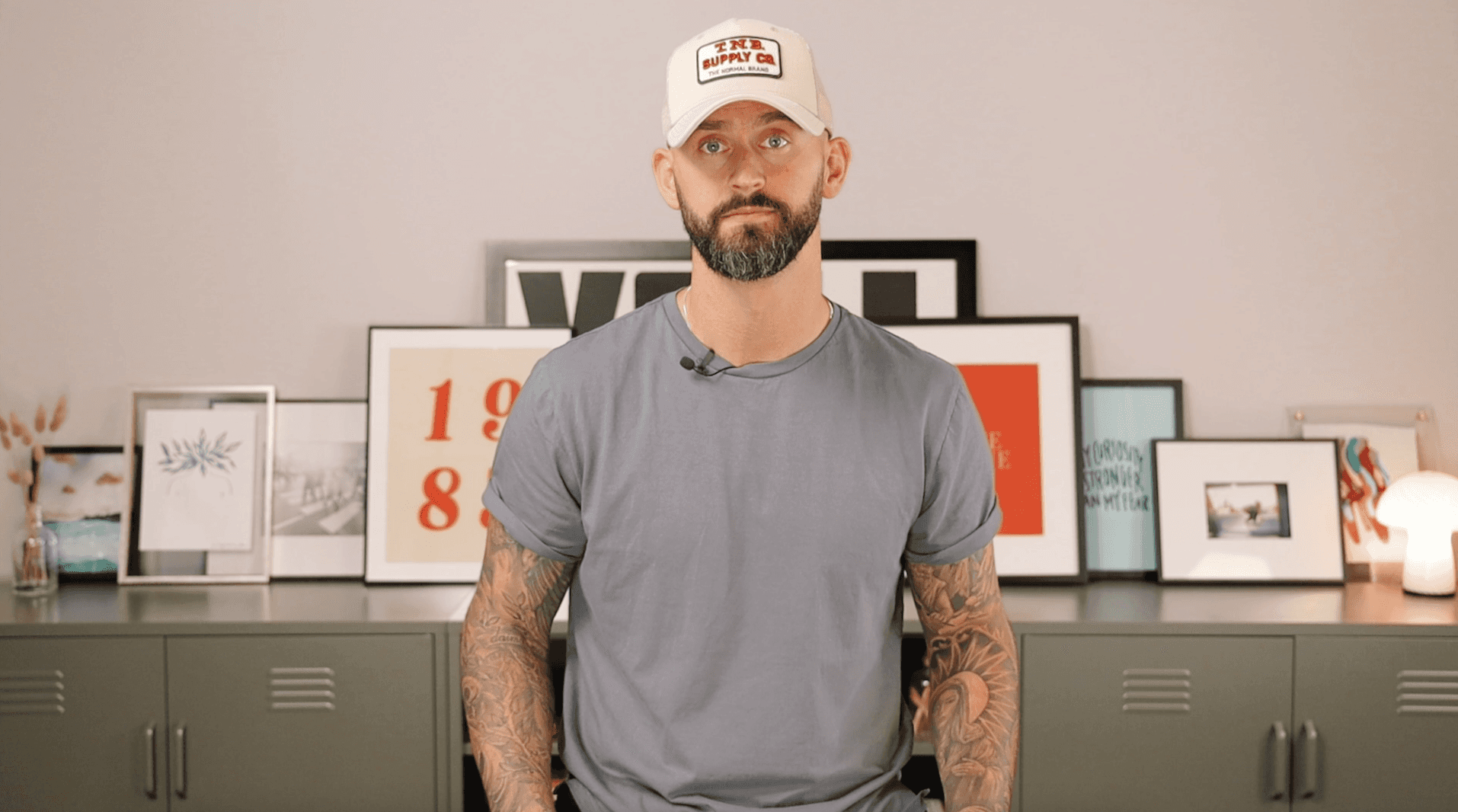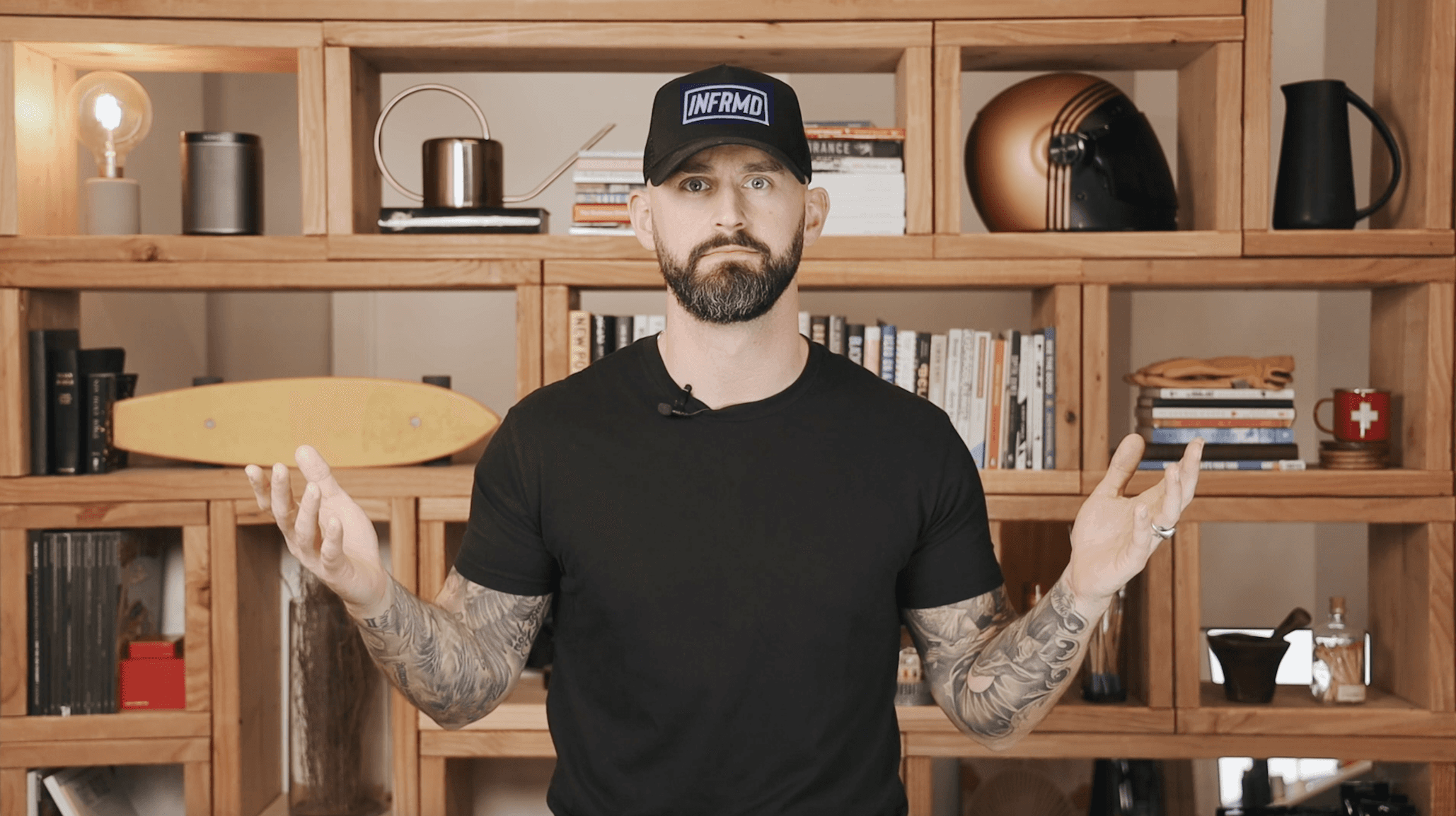This video explains the concept of a Dependent Care Flexible Spending Account (FSA) and outlines its key rules and features:
A Dependent Care FSA is similar to a regular FSA but allows you to set aside tax-free money to cover expenses related to the care of a family member. Eligible expenses can include daycare, preschool, summer camp, before and after-school programs, care for a disabled spouse, and adult daycare, among others.
There are several important rules and considerations regarding DCFSAs:
Contributions made to a Dependent Care FSA are tax-free, and qualified expenses can be reimbursed tax-free as well.
The Dependent Care FSA is owned by your employer, and you use it through your employer's plan.
Dependent Care FSA funds are not portable, meaning you cannot take the money with you if you change jobs.
You can typically choose your contribution amount only once a year, so careful planning is essential.
There is a "use it or lose it" rule with Dependent Care FSAs. If you don't use all the money in your account by the end of the plan year, you may forfeit it.
However, some employers allow you to either spend unused funds within a grace period after the plan year ends or carry over a portion of the unused money to the next year. It's essential to check with your employer to understand their specific policies regarding unused funds.
01:16
HSA/FSA
Copy Video Link
More in this Category
Powered By



















